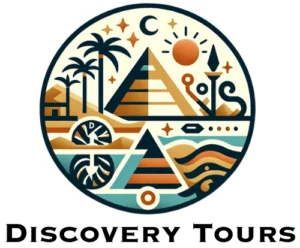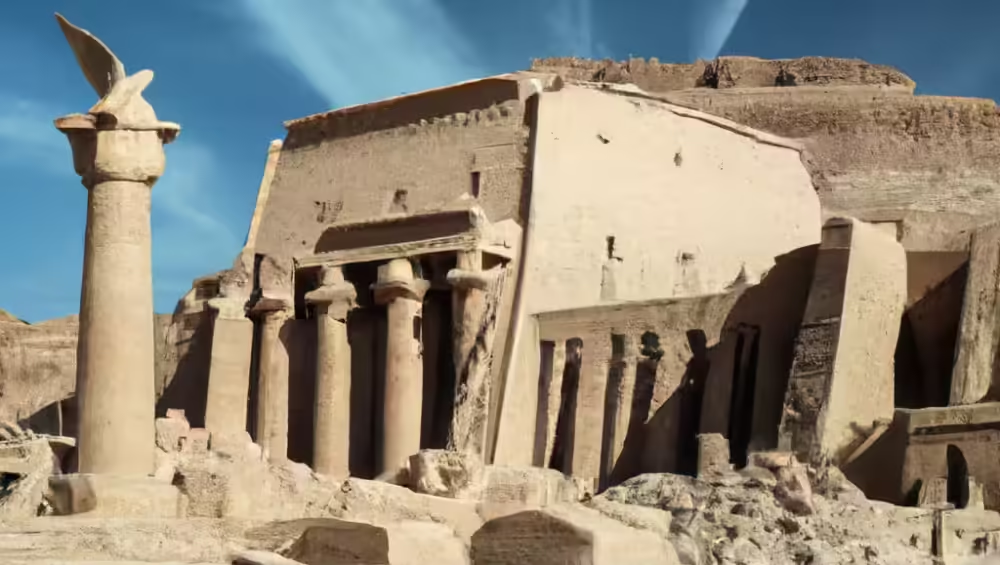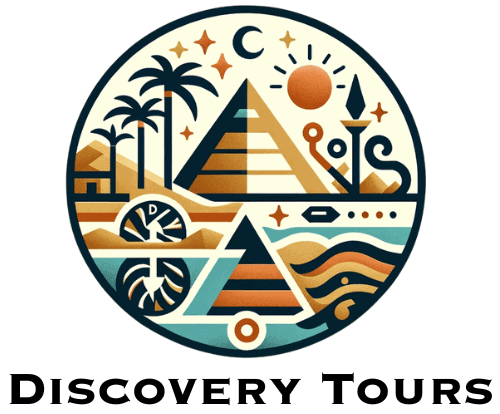## Creating Culturally Rich Itineraries for Tour Operators
### Introduction
As the world of travel continues to evolve, tourists increasingly seek meaningful experiences that allow them to connect with the culture and heritage of their destinations. For tour operators, this presents a golden opportunity to craft culturally rich itineraries that not only showcase Egypt’s magnificent landmarks but also foster positive interactions between tourists and locals. This approach enhances the overall travel experience, transforming a simple vacation into a journey of discovery and appreciation. In this blog post, we’ll explore how tour operators can design itineraries that highlight Egypt’s vibrant culture while promoting sustainable tourism.
### The Importance of Cultural Engagement
When travelers immerse themselves in local culture, they gain a deeper understanding of the destination and its people. Culturally rich itineraries provide opportunities for tourists to engage with local traditions, cuisine, art, and history. By incorporating interactive experiences, tour operators can create unforgettable memories that resonate long after their clients return home.
**How can tour operators enhance cultural interactions in their itineraries?**
Tour operators can enhance cultural interactions by integrating local experiences, such as cooking classes with Egyptian families, traditional craft workshops, or guided tours led by local historians. These activities allow tourists to engage directly with the community, fostering connections and a genuine appreciation for Egyptian culture.
### Crafting Unique Experiences
To create an itinerary that stands out, it’s essential to go beyond the well-trodden tourist paths. Here are several ways tour operators can incorporate unique cultural experiences into their Egyptian itineraries:
1. **Local Festivals and Events**: Align travel dates with local festivals for an immersive experience. Tourists can experience traditional music, dance, and cuisine first-hand. For instance, the vibrant celebrations during Ramadan or the colorful Moulid festivals offer an authentic glimpse into Egyptian life.
2. **Community-Based Tours**: Collaborate with local communities to design tours that support their economy while showcasing their culture. This could involve visits to artisan workshops, family-owned farms, or even community-led archaeological sites, allowing tourists to appreciate the importance of preserving their heritage.
3. **Culinary Adventures**: Food is a universal language, and Egypt offers a rich tapestry of flavors. Organize culinary tours where tourists can learn about local dishes, participate in cooking classes, or dine with local families. This not only satisfies the palate but also enriches cultural understanding.
**What role does storytelling play in creating a culturally rich itinerary?**
Storytelling is vital in creating a compelling narrative around the experiences offered. Tour operators should weave local legends, historical anecdotes, and personal stories from community members into their itineraries. This narrative approach not only captivates tourists but also fosters a deeper connection to the locale.
### Sustainable Practices for Positive Interactions
As tourism grows, it is increasingly important to implement sustainable practices that benefit both tourists and locals. Culturally rich itineraries should prioritize local socioeconomic development while minimizing environmental impact. Here are some strategies for tour operators:
– **Support Local Businesses**: Encourage tourists to shop at local markets, dine at family-owned restaurants, and stay in locally operated accommodations. This ensures that the economic benefits of tourism flow back to the community.
– **Educate Tourists**: Equip travelers with knowledge about local customs, traditions, and etiquette before their trip. Understanding cultural norms fosters respectful interactions between tourists and locals, enhancing the overall experience.
– **Collaborate with Local Guides**: Partner with local guides who can provide authentic insights into their culture. These guides not only enhance the narrative of the tours but also create job opportunities within the community.
**How can tour operators measure the impact of culturally rich itineraries?**
Tour operators can measure the impact of their culturally rich itineraries through feedback from tourists and local communities. Conduct surveys to assess tourists’ satisfaction and their perceptions of cultural engagement. Additionally, work with local partners to evaluate the economic impact of tourism on the community, ensuring that the benefits are widespread.
### Conclusion
Creating culturally rich itineraries is an invaluable strategy for tour operators looking to enhance the travel experience and promote sustainable tourism in Egypt. By focusing on local interactions, unique experiences, and responsible practices, tour operators can craft journeys that resonate deeply with their clients and the communities they visit. As travelers increasingly seek authenticity, those who prioritize cultural engagement will not only attract more clients but will also contribute positively to the rich tapestry of Egypt’s diverse heritage. Let’s work together to create unforgettable experiences that celebrate the beauty of Egyptian culture while fostering meaningful connections between tourists and locals.





